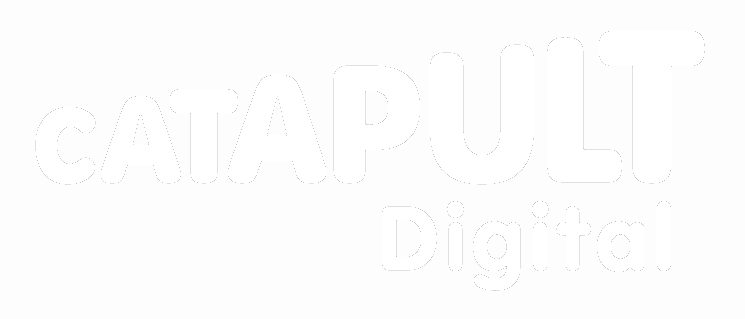FAQs
In order to identify the knowledge needs of our audience and produce responsive guidance, we designed an empirical study and developed a content analysis methodology to capture information from internet platforms, in particular Yahoo! Answers.
The study sampled from the population of all questions containing the broad keyword ‘copyright’. This initial search provided 172,870 results. To limit the scope of the study, candidate cases were restricted to ‘questions and answers written in English’. The sample was also limited by time period, using only those entries of one-year old or less. This provided 24,438 results, between May 2012 and April 2013. From these results, we produced a shortlist of 200 questions. Using qualitative sorting and coding techniques we then filtered those 200 down to 20 key questions.
Below you can find those 20 key questions accompanied by short explanatory answers that link to more detailed texts on specific topics.
1. What is copyright and what can be protected by copyright?
Copyright is a form of intellectual property that protects original literary, dramatic, musical and artistic works, as well as layouts or typographical arrangements of published work, sound recordings, film and broadcast.
2. How long does copyright last?
In the UK copyright expires 70 years after the death of the creator for written, artistic, musical and film work. However, for broadcasts it is 50 years from when the broadcast is made whilst for sound recordings and performers’ rights in sound recordings the term has been extended to 70 years from publication.
3. How do I copyright my work? Is there a formal procedure?
There is no formal registration procedure for copyright; as long as your work qualifies for copyright by being original, it obtains protection as soon as it is in a permanent or fixed form.
4. Can more than one person have copyright in something?
Yes. Works that are created by more than one person are generally considered to have joint ownership of the copyright. For example, in the UK the first copyright owners of a film are the producer and the principal director.
5. Who owns the copyright in my work? (e.g. freelancer / employer, photographer / model)
If you create something during your employment, usually it is your employer who owns the copyright in that work. However, this will depend on the contents of your employment contract.
6. How do I sell / license my copyright? What is Creative Commons?
As the copyright owner in your work, you can sell or license it to others, which could be done through a contractual agreement. Some creators choose to join a collecting society, who then licenses and collects royalties on their behalf.
7. When I sell my work, do I still hold the copyright?
In the UK, when you sell an analogue copy of your work (e.g. a CD, a DVD, a book), you cannot control the distribution of that physical copy any longer (this is called the exhaustion of rights).
8. Do I have copyright in my work in other countries?
Copyright law is territorial, meaning that the rules that matter are the rules of your own country. However, there are international agreements which protect your work under the laws of most other countries.
9. What do I do if someone infringes my copyright?
Infringement of copyright occurs when someone takes either all of your work, or a substantial part of it, without permission. However, there are several exceptions which allow a copyright work to be used without permission.
10. What can I borrow from someone else’s work? Where is the line between inspiration and copying?
Copyright protects only the expression of ideas, not the ideas themselves. For example, two artists may paint the same scene but portray them in ways that are slightly different, without infringing each other’s copyright.
11. Do I always need to get permission to use other people’s work? Is it enough to credit the author/artist?
If you want to use a piece of work that is still in copyright, you will need to seek permission from the copyright holder; acknowledging the author is important, but not enough.
12. What about a cover, remix, mash-up or edit?
Creating your own version of someone else’s work, including editing or remixing is referred to as a derivative work.
13. How do I get permission to use other people’s work?
The best way to get permission to use someone else’s work is to ask them. Contact them via email or make a phone call and find out if they are happy for you to use their work and on what terms.
14. Where can I find copyright-free material?
All works that are in the public domain are out of copyright and free to re-use. If a work is distributed under a Creative Commons licence, you can re-use it for free under the conditions set by the licence.
15. Is it okay to use other people’s work just for personal use?
In terms of copyright infringement in the UK, there is no distinction between personal and commercial use.
16. Is it okay to change the format of something? Can I translate something?
Changing the format of a work – known as format shifting – can be an infringement of copyright. On 1 October 2014, a private copying exception for format shifting was introduced into UK law…
17. Can I take an image from Google search?
You cannot download or use images from Google without seeking permission from the copyright holder, unless your use falls within one of the exceptions.
18. What are the copyright rules for YouTube videos?
If you are uploading or downloading videos to or from YouTube in the UK, then UK copyright laws apply. YouTube is a platform for video sharing online and it is the users who are responsible for complying with the laws of copyright.
19. What should I do if I receive a copyright infringement notice?
The textual content of the website has been produced by leading copyright academics and is intended to be accurate and authoritative. However, it does not constitute legal advice.
20. What is the difference between copyright and other rights such as trademark or patent?
Copyright is one type of intellectual property right. The other statutory IP rights include Trade Mark, Patents and Designs, each for different purposes.








